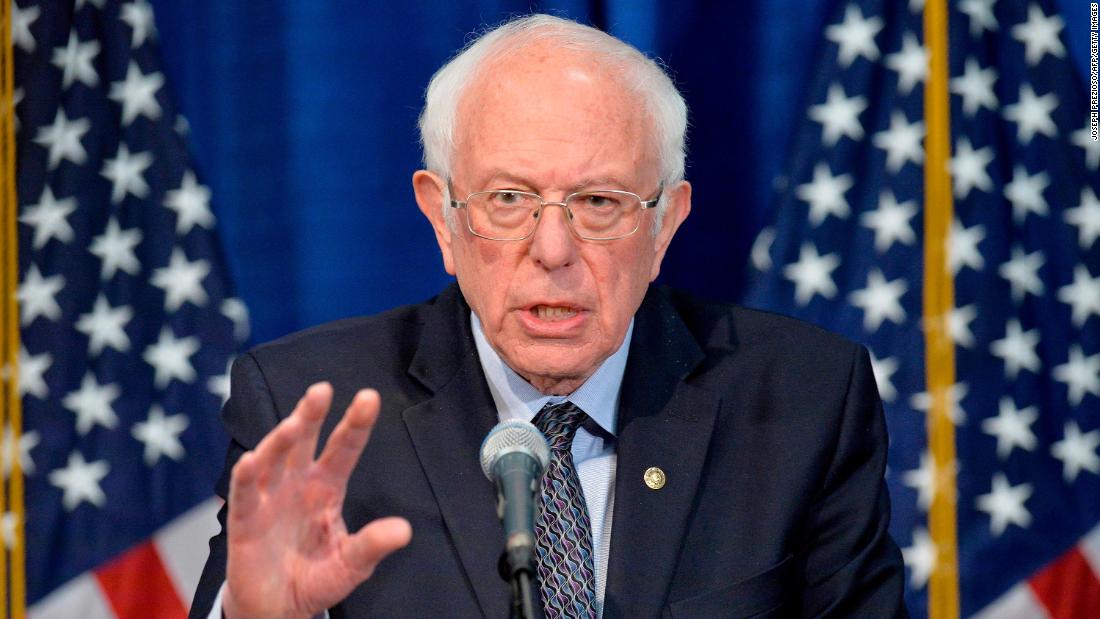Sanders says Democrats have the votes to pass Covid-19 relief bill through reconciliation
“All of us will have differences of opinions, this is a 1.9 trillion dollar bill, I have differences and concerns about this bill, but at the end of the day we are going to support the President of the United States,” Sanders added.
Sanders, an independent who caucuses with the Democrats, has said that Democrats will use the move to pass the package by 51 votes in the Senate, rather than 60, if Republicans don’t move the legislation.
When asked about Democratic Sen. Joe Manchin of West Virginia, who said this weekend that they are going to look for a bipartisan way to address the relief bill, Sanders said he is still “absolutely confident” that there are enough votes for the reconciliation process.
Democrats have been criticized for ignoring bipartisanship so early on in the Biden administration. Sanders addressed this issue and said there are opportunities for bipartisanship in the future, including on infrastructure, but that the pandemic is too pressing.
“We are going to look forward to working with Republicans, but right now this country faces an unprecedented set of crises,” he said.
The Vermont senator did not rule out working with Republicans, but said that he has not heard better ideas from them so far.
“If Republicans want to work with us, they have better ideas on how to address those crises, that’s great. But to be honest with you I have not yet heard that,” Sanders said.
The senators said their framework includes a total of $160 billion for vaccine development and distribution, testing and tracing, and treatment and supplies, including the production and deployment of personal protective equipment.
It would also include a new round of direct payments for “families who need assistance the most,” extend enhanced federal unemployment benefits at the current level and provide $4 billion to bolster behavioral health and substance abuse.
An aide close to the process told CNN the plan is expected to be between $500-$600 billion, though lawmakers are still waiting to hear from the Congressional Budget Office on the estimated cost.
![]()


